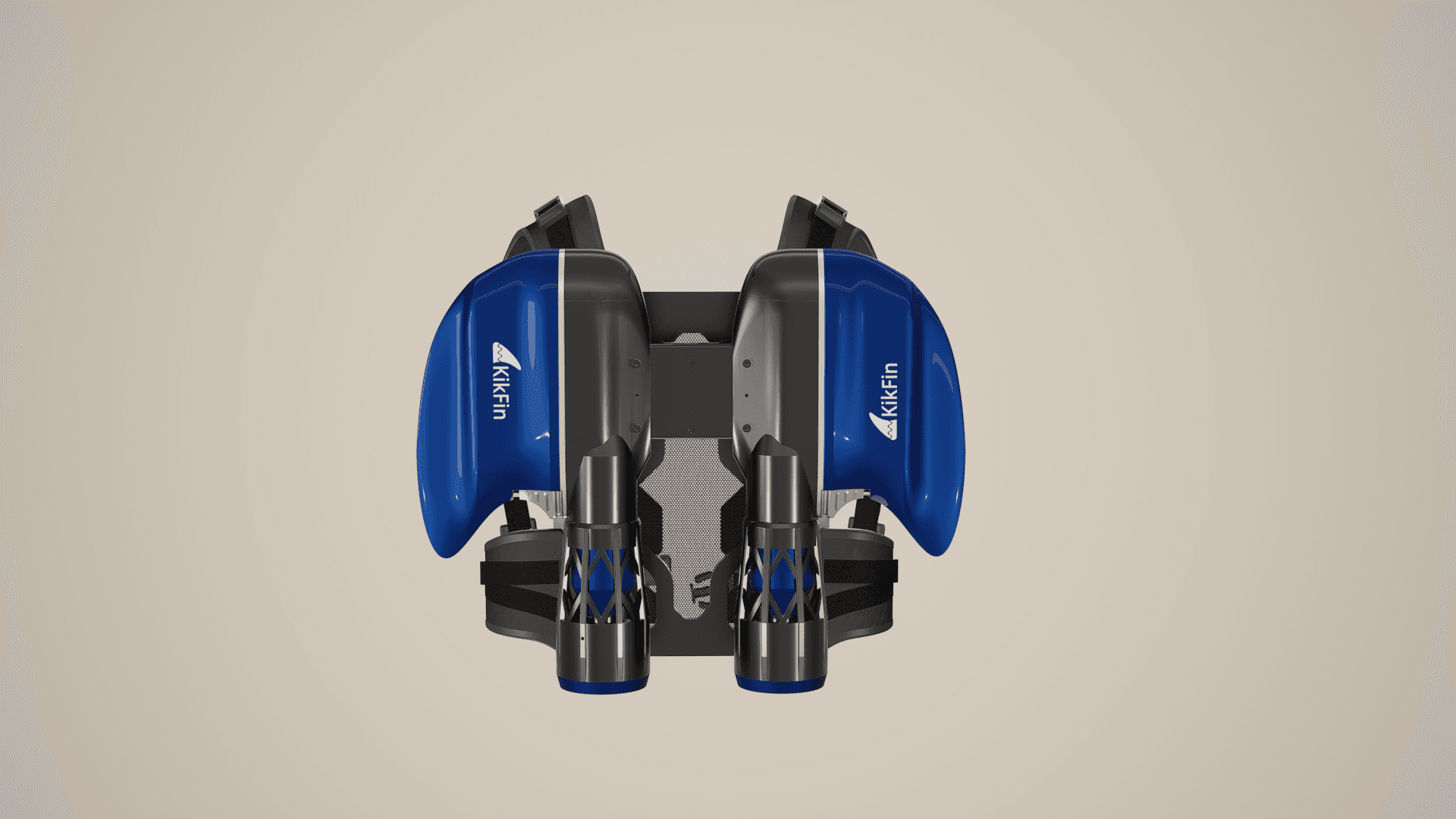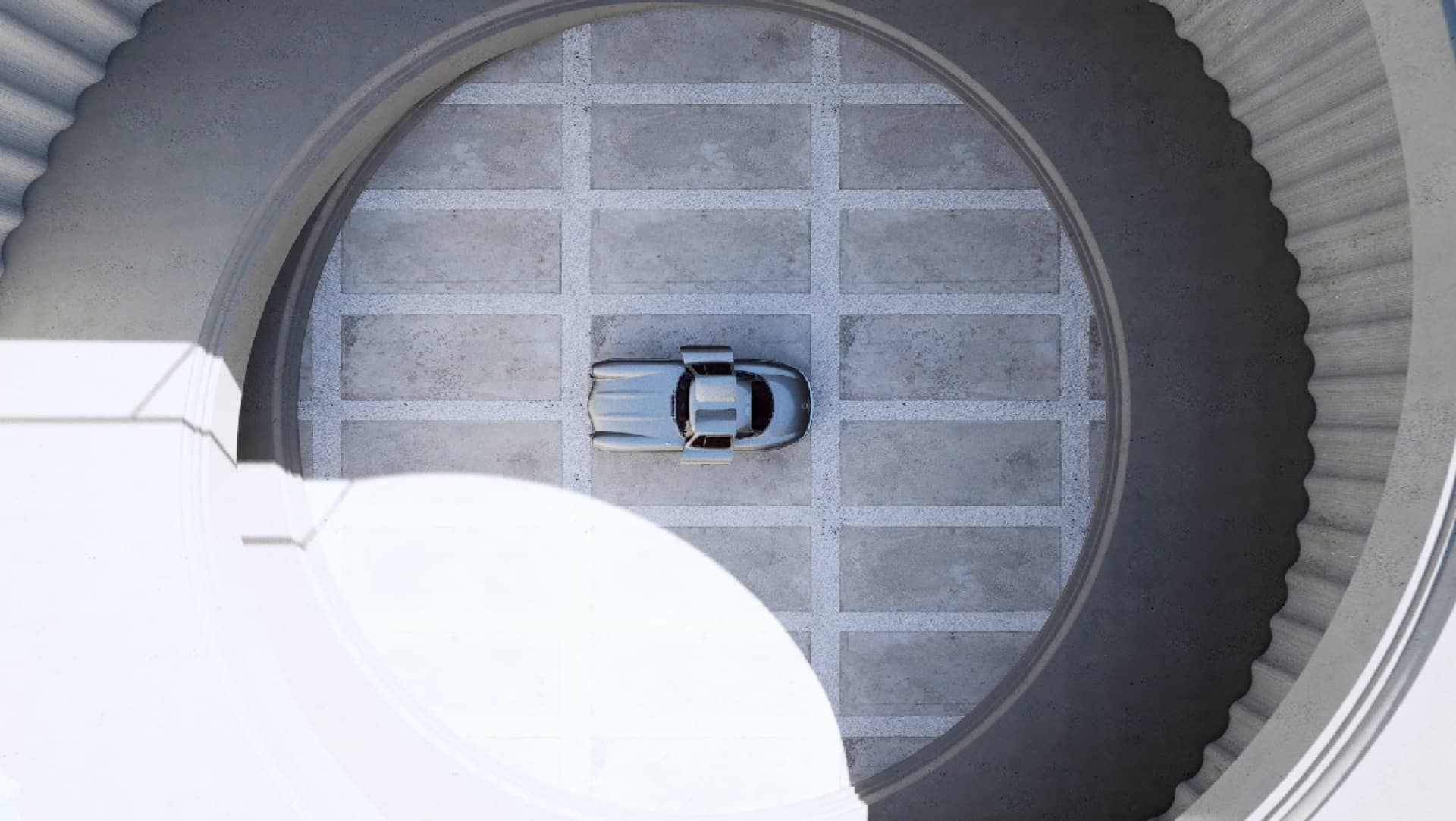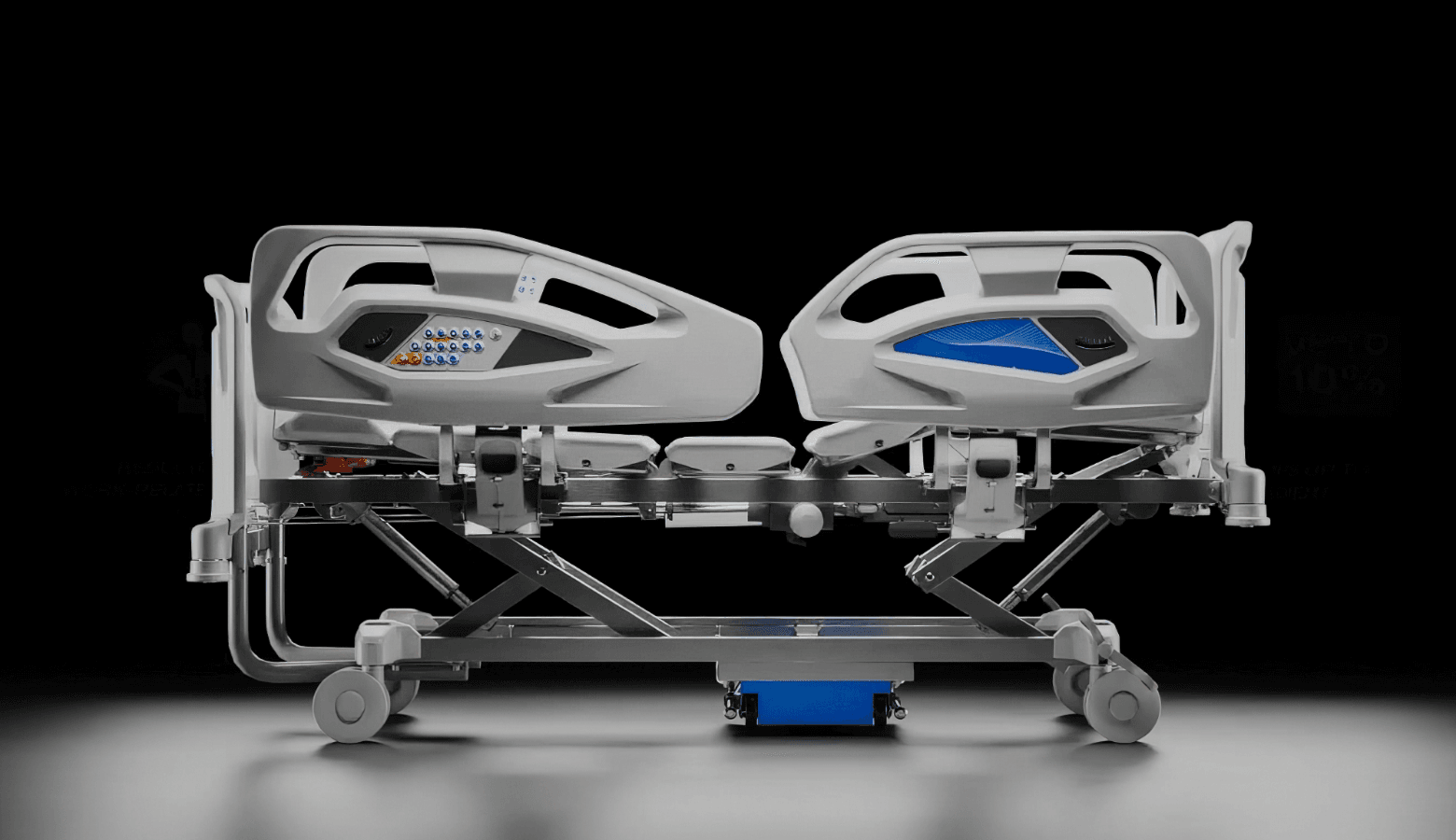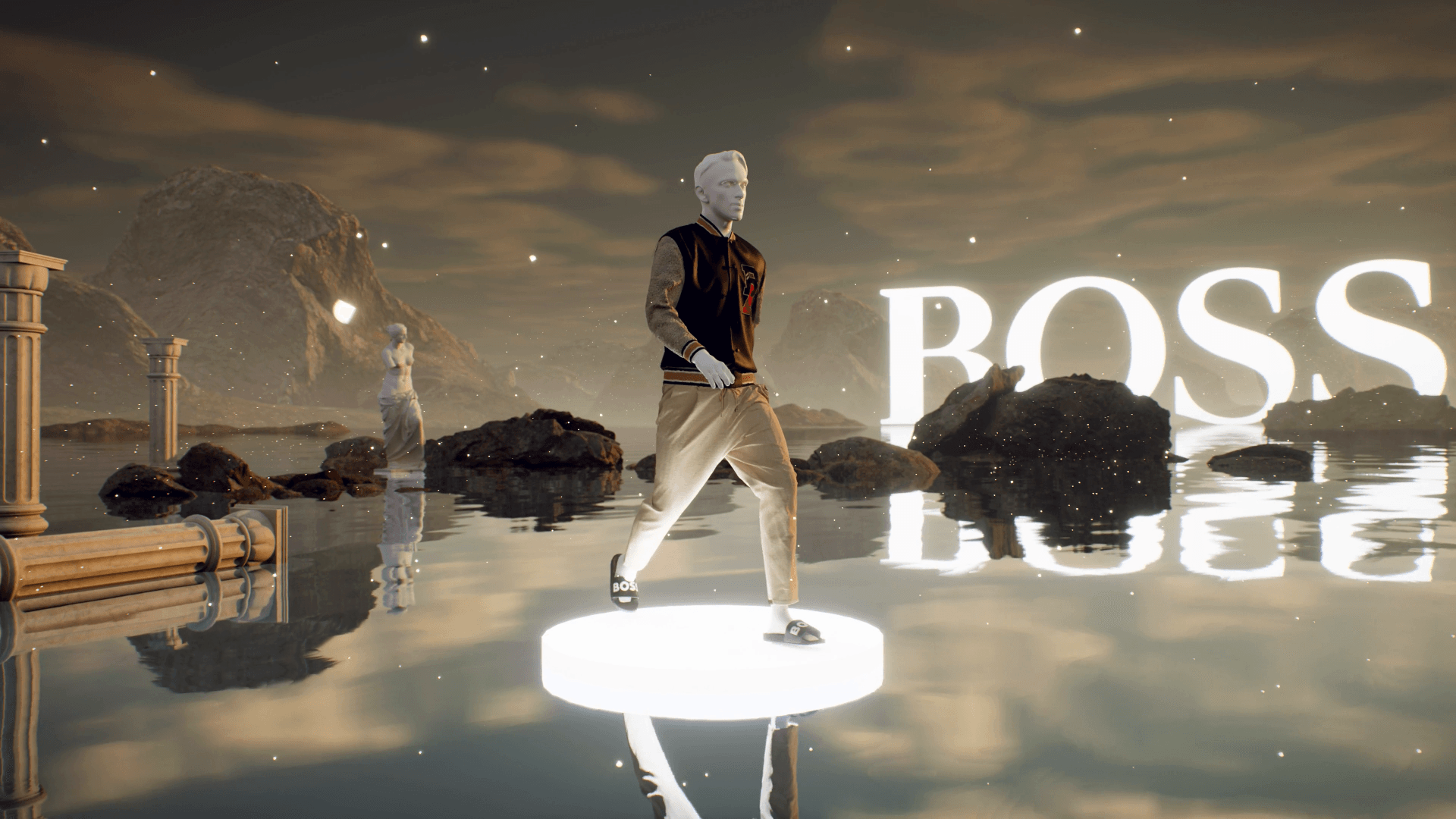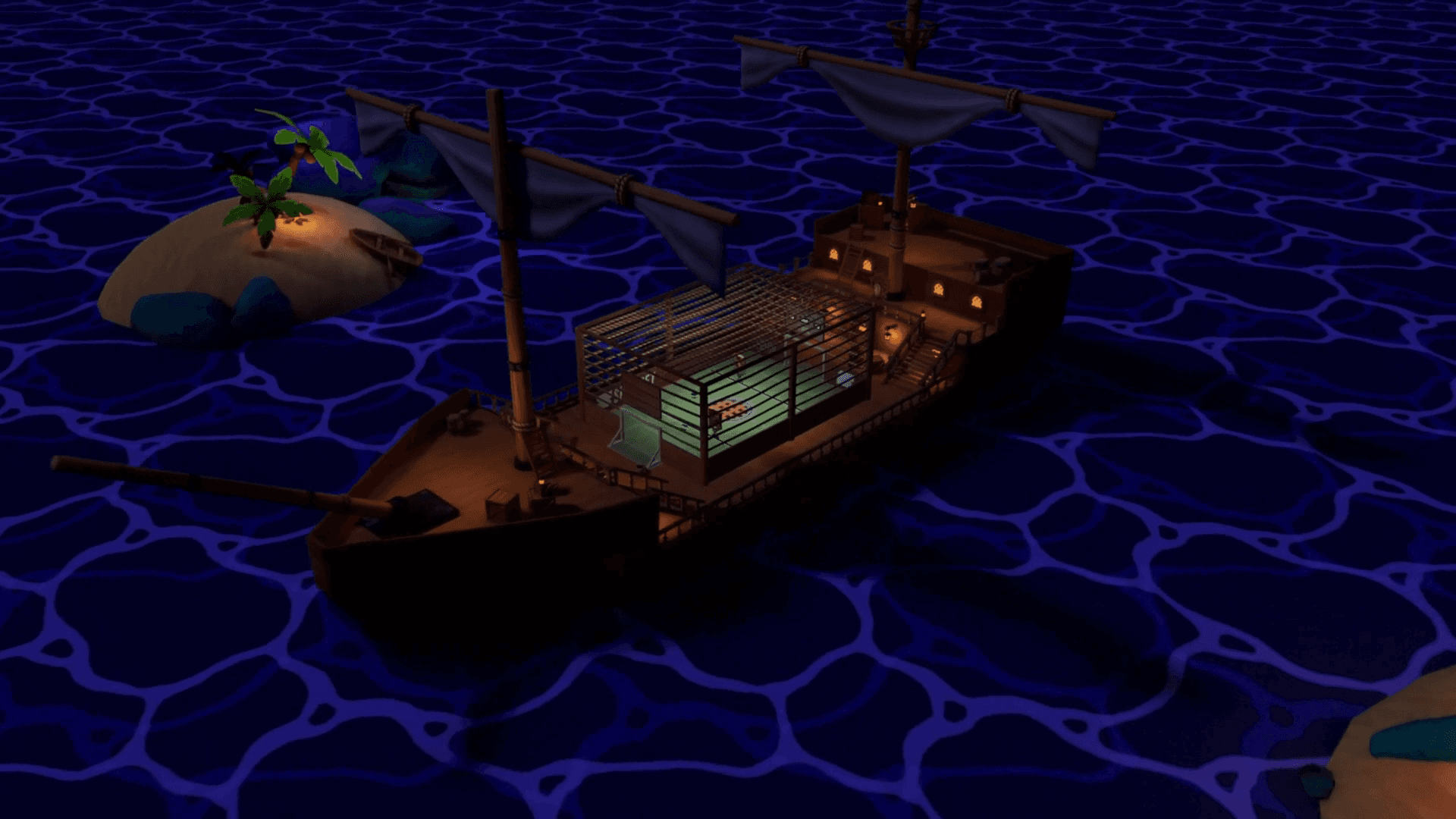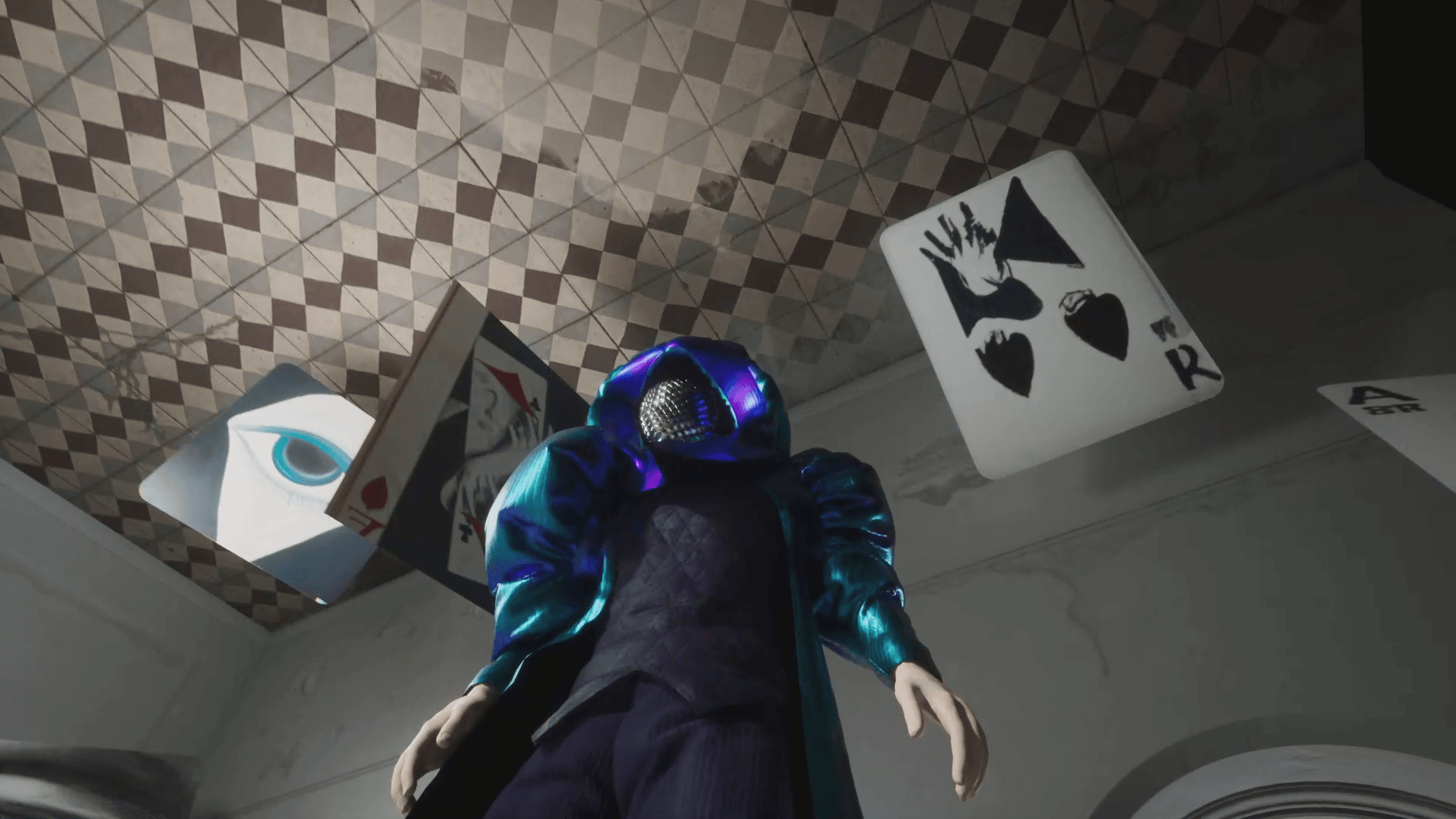
The benefits of 3D content: why it’s the future of digital marketing
Discover the benefits of 3D content for digital marketing, from product rendering to VR experiences, boost engagement and brand storytelling.
The benefits of 3D content: why it’s the future of digital marketing
In the world of digital marketing, visual content is no longer optional — it’s essential. However, traditional 2D images and videos are now giving way to a new star: 3D content. According to a report by Grand View Research, the global market for 3D digital content is growing rapidly, driven by the demand for more realistic and engaging visual experiences.
Thanks to their visual impact, engaging nature, and flexibility across different touchpoints, 3D contents are revolutionizing how brands communicate, sell, and innovate. Today’s users, more demanding and digitally aware, are looking for immersive, interactive experiences that go beyond passive consumption.
In this article, you’ll discover what 3D content is, where it’s used, and how the benefits of 3D content can elevate your digital strategy.
What is 3D content and what formats does it take?
3D content refers to three-dimensional digital representations used to communicate, showcase, or simulate products, from simple to complex, as well as environments and experiences. Unlike traditional 2D images, 3D visuals allow for photorealistic and interactive visualization, giving users a highly immersive experience.
These contents come in several formats: static 3D visualizations, product renderings, 3D animations, 3D configurators, virtual reality, and immersive digital experiences. Let’s look at them in detail.
3D visualization or 3D rendering
3D visualizations are photorealistic static images that represent objects, environments, or products in great detail. They’re ideal for catalogs, product sheets, e-commerce, advertising campaigns, and websites that want to showcase quality, textures, and materials without traditional photography.

Product rendering
Product renderings are computer-generated static images used to present a product during prototyping, launch, or online promotion. They can replace traditional photoshoots, optimizing costs while allowing for infinite variations of color, material, and angle — always maintaining full visual consistency.


3D animation
3D animations allow products to be shown in action, technical processes to be explained, or emotional stories to be told. Whether technical or cinematic, this format is ideal for product marketing and advertising, combining movement, design, and storytelling to create a clear, memorable experience that boosts engagement
Learn more about our 3D Animation Services.
3D configurators
3D configurators allow users to interact directly with a product, customizing materials, finishes, sizes, and features in real time. These tools are particularly effective in e-commerce, B2B, and retail, offering an immersive and intuitive experience that increases engagement and conversion rates.
Widely adopted in furniture and automotive sectors, 3D configurators are revolutionizing the way customers explore and select products, reducing order errors and enhancing communication between brand and consumer.
Discover Saleverse, Ophir Studio’s proprietary 3D configurator for premium furniture, featured by Al Jazeera as one of the five startups to watch in 2025.

Virtual reality and immersive experiences
With the rise of the metaverse and immersive technologies, Virtual Reality (VR) and Augmented Reality (AR) have become strategic tools for presenting products, spaces, and services in new, interactive ways. They offer fully immersive experiences, engaging users on a sensory level — ideal for events, retail, education, and complex project presentations.
VR experiences are also proving valuable in training, manufacturing, and medical sectors, where they allow for realistic simulations of environments and procedures with complete safety and precision.
Learn more about the virtual reality experiences created by Ophir Studio
The main benefits of 3D content
The benefits of 3D content go far beyond aesthetics. It’s not just about creating “beautiful images” — it’s about adopting a more functional, engaging, and high-performing visual language. Here are the key reasons why 3D is a strategic tool for every brand’s communication:
1. 3D visualization makes complex products easy to understand
Visual communication is crucial when dealing with technical, modular, or customizable products. 3D content, particularly 3D animations, transforms complex concepts into clear, intuitive visuals, reducing confusion and errors.
2. More effective marketing assets
3D renderings and visualizations are highly versatile and can be used across advertising, e-commerce, social media, and corporate presentations. A single 3D model can generate countless visual assets (static images, videos, interactive experiences, or configurators) maintaining visual coherence across all channels.
3. Greater accuracy in quotes and proposals
3D product configurators help sales and technical teams create accurate and faster proposals. The ability to visualize configurations in real time reduces misunderstandings, revisions, and errors — streamlining commercial processes and cutting costs.
4. A more engaging buyer journey
3D content turns the buying process into an interactive and emotional journey. Integrating interactive visuals and animations makes users spend more time on the website, interact with products, and build stronger emotional connections with the brand, leading to higher conversion rates.
5. Immersive VR and AR experiences
VR and AR allow brands to offer realistic simulations, ideal for training, events, virtual showrooms, or exhibitions. These immersive experiences differentiate brands, foster innovation, and build stronger audience loyalty.
6. Faster sales cycles
3D renderings and animations shorten decision-making times by clarifying complex information visually and answering questions instantly. Especially in B2B sectors, this leads to faster deals and higher closing rates.
7. Streamlined communication from sales to production
3D content ensures smoother communication between marketing, sales, production, and clients. A clear visual representation minimizes errors and misinterpretations, improving efficiency across the entire value chain.
8. Cost savings
Unlike traditional photography or physical prototyping, 3D content eliminates logistical and production costs. A single 3D model can produce infinite variations of color, material, and environment, making it a scalable, sustainable, and cost-effective solution.

How to choose the right partner for 3D content
Choosing the right partner for 3D content production is not just a technical decision; it’s a strategic one. The right agency can transform your brand’s communication by combining aesthetics, storytelling, and functionality.
Ophir Studio stands out for its user-centric approach, blending design, technology, and storytelling to create visually stunning, high-performance 3D content that truly connects with audiences.
Why Ophir Studio makes the difference
Ophir Studio is a creative agency specialized in 3D rendering, technical and cinematic 3D animation, motion design, and CGI. For over a decade, we’ve worked with forward-thinking brands to transform complex ideas into impactful visual storytelling designed to enhance engagement and strengthen brand identity.
We collaborate across sectors (cosmetics, interior design, manufacturing, medical, sports & entertainment, and technology) offering tailor-made solutions from photorealistic renders to cinematic ADV animations and interactive e-commerce content.
Our strength lies in merging aesthetic precision with strategic vision. Every project begins with a clear goal and is developed with craftsmanship, production efficiency, and results in mind. That’s how Ophir Studio truly makes a difference in the world of 3D content.
FAQ
What is a 3D model and what is it used for?
A 3D model is a digital three-dimensional representation of an object, space, or environment. It’s used across industries, from furniture and advertising to industrial design, to simulate appearance, shape, and behavior before actual production.
What does “3D content” mean in digital marketing?
In digital marketing, 3D content includes static images (renders), animations, and interactive elements that represent products or spaces realistically and dynamically — powerful tools to engage users and increase online conversions.
What are the main 3D file formats and when are they used?
Common 3D file formats include .OBJ, .FBX, .GLB, .STL, .USDZ. Each serves different purposes: animation, AR/VR, 3D printing, or web visualization.
Which software is used to create 3D content?
3D content is produced using advanced software such as Blender, Cinema 4D, Maya, 3ds Max, Unreal Engine, and rendering tools like V-Ray or Octane. The choice depends on the project’s complexity, realism, and goals.
How to choose a 3D content agency?
Select an agency that provides not only technical expertise but also creative direction, storytelling, and implementation support. Always review their portfolio to assess quality and style consistency.
Why is 3D content more advantageous than traditional photography?
3D offers greater flexibility, creative control, and visual impact. Unlike photography, 3D assets can be reused, updated, and adapted without new shoots, cutting costs and production time.
Can I turn my product photos into 3D content?
Yes. Existing product photos can be used to recreate accurate 3D models, provided there’s sufficient visual and technical data. This is ideal for e-commerce, advertising, and interactive experiences, offering customizable assets ready for all digital platforms.
Contact us!
